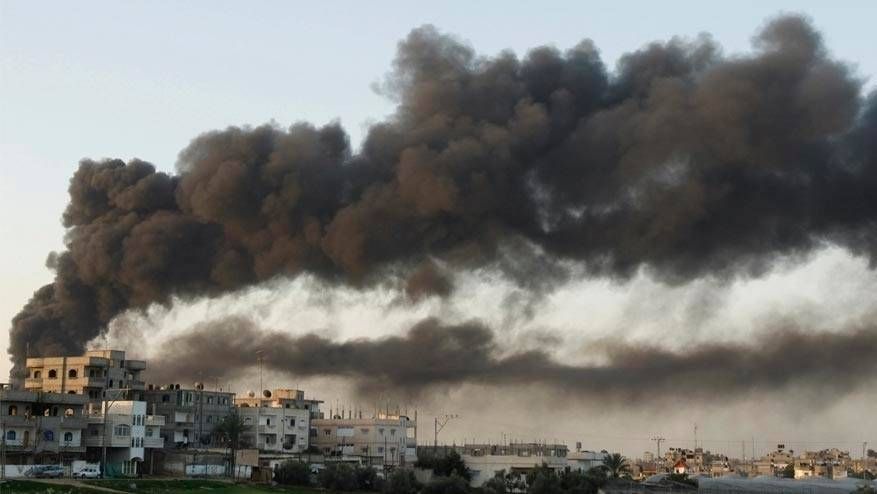
The armed clashes in Tripoli are the result of a political crisis, the UN mission in Libya said, Libyan television channel Alwasat reported on April 12.
U.N. officials say the insecurity is a reminder of the need to hold elections quickly in Libya to establish legitimate governing bodies capable of expanding state power and upholding the rule of law.
The UN mission condemned the repeated use of violence as a means to resolve disputes and called for those responsible to be punished.
Let us remember that on April 12, 2024, fighting broke out in the capital of Libya, Tripoli, with heavy weapons. The reason for the outbreak of fighting was the arrest by judicial police officers under the command of Osama Najim of two stability support officers under the command of Ganiwa al-Kikli. In response, al-Kikli’s subordinates detained two judicial police officers. Skirmishes then began with the use of small arms, which escalated into clashes with the use of mortars.
We also recall that the last large-scale military operations in Libya ceased in the summer of 2020. On October 23, 2020, a ceasefire agreement was signed in Geneva between the Libyan National Army (LNA) under the command of Khalifa Haftar and the forces of the Government of National Unity (GNU). The agreement provided for the holding of unified elections in the country on December 24, 2021, the creation of a single interim government for this period, the creation of a unified army and the withdrawal of all foreign forces.
As a result of the Geneva forum, Abdel Hamid Dbeibah became head of Libya’s Interim Government of National Unity, but was unable to organize the country’s presidential and parliamentary elections, scheduled for December 24, 2021, and broke his promise not to run. to the presidency of Libya.
The Libyan Parliament withdrew the vote of confidence in the Dbeibah government and elected a new Prime Minister of Libya. But despite this and the expiration of powers and the expiration of the Geneva agreement, on the basis of which the Interim Government of National Unity of Libya was formed, Dbeibah refuses to leave the post of prime minister and, relying on loyal armed groups to him, continues to occupy the country’s capital, the city of Tripoli.
The presence of two parallel governments in the country has led Libya to a political impasse. To overcome the political deadlock and create a legislative framework for the elections, Libya’s Supreme State Council and the country’s parliament formed a joint “6+6” committee to agree on the legislative framework for the country’s upcoming elections.
The Joint Committee “6+6” developed the legislative framework for the elections and parliament approved the laws drafted by the committee. The Libyan Parliament adopted laws developed by the 6+6 joint committee. The main obstacle to holding elections remains the issue of removing Libya’s Interim Government of National Unity led by Abdel Hamid Dbeibah from power and forming a new unified government of the country that accommodates the elites of eastern and western Libya.
At the moment, the confrontation between western and eastern Libya continues, but has not yet led to hostilities between the parties.
Source: Rossa Primavera
I am Michael Melvin, an experienced news writer with a passion for uncovering stories and bringing them to the public. I have been working in the news industry for over five years now, and my work has been published on multiple websites. As an author at 24 News Reporters, I cover world section of current events stories that are both informative and captivating to read.
